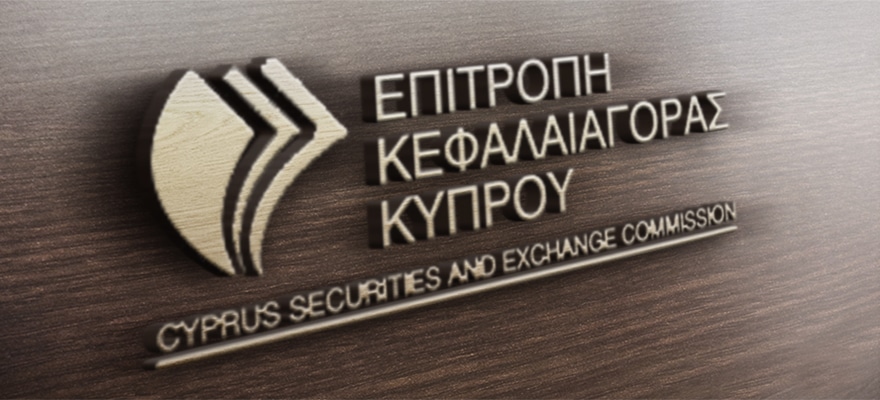Ever since the establishment of Cyprus as a hub for the foreign Exchange and CFDs brokers industry and the subsequent addition of the binary options operators, the financial regulatory body of the industry has not been defined as a particularly vigilant one.
It took a substantial number of years before it managed to produce a decent amount of fines directed at misconduct of several brokerages. Last week, the CySEC announced that a number of brokerages domiciled on the island are to be fined in relation to previous misconducts on a number of counts.
More Fines Incoming
According to sources close to Finance Magnates, the regulator has already added additional companies to the list and will soon announce further penalties on some of the companies which have decided to establish their operations on the island.
It took CySEC a number of years before getting serious about actually overseeing the business mode of operation of a number of brokerages and deciding to apply harsher penalties on them. With over €1 mln levied on five major operators on the island after the announcement of a settlement and four fines, the investigations of business conduct have just began.
Curiously, last Friday, the regulator announced a number of fines which have been levied on the industry throughout the period of several months in a single day. The regulatory body has also decided to begin employing the services of a London-based PR agency, which can be seen as a move in the effort to establish some level of public credibility (or repair its own reputation as a dovish regulatory body).
The Regulatory Crackdown (or Crack up for Some)
The announcement by CySEC last Friday didn’t stop the opinion page of the Financial Times, FT Alphaville, from outright mocking the regulator and some of the operators on the island in an opinion piece titled “Behold! A regulatory clampdown in Cyprus.
While the London headquartered newspaper has vigilantly refrained from addressing the concerns of some of the city-based brokers' clients, it had no problem in cracking down on the modus operandi of retail FX and binary options brokers in Cyprus.
In the end, this industry is about serving its clients and the regulatory bodies are the ones who need to ensure proper conduct. CySEC is late to the party, but if it manages to handle the delicate situation in which it finds itself with ingenuity and fairness it could still establish itself as a credible European financial regulator.
In the long run, all brokers domiciled in Cyprus need to adhere to fair business practices for their own and the common good. If we see a big blowout on the island, which in itself is a regulatory failure, the pieces will be far too many to be glued together again.


















